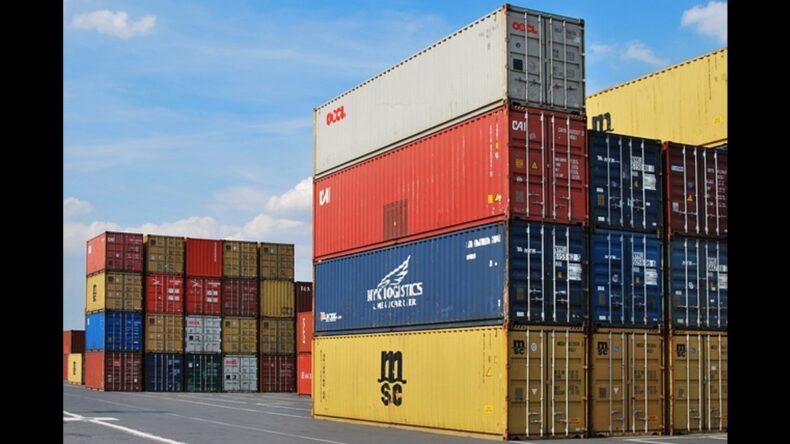Germany’s recession could affect India’s exports to Europe from various sectors such as pharmaceuticals, machinery, clothing, and electricity, the chairman of the CII committee on EXIM Sanjay Budhia has told.
Table of Contents:
- Introduction
- Understanding Germany’s Recession
- The Potential Impact on India’s Export Market
- Conclusion
Introduction:
The global economy works like an interconnected network, and economic exchanges within a country often fluctuate between countries. Germany, an important trading partner for many countries, has experienced a recession in recent years.
The fallout from Germany’s recession is echoing in the global economic landscape, and some of India’s exports are not immune. The Confederation of Industry of India (CII) and the Export-Import Bank of India (EXIM) highlighted the potential impact of India’s exports to Germany. In this article, we explore the details of Germany’s job market and examine specific sectors that will impact India’s business.
Understanding Germany’s Recession:
Known for its strong economy and strong production, Germany has been going through a period of recession in recent years. Factors such as the slowdown in global demand, geographical uncertainty, and domestic problems contributed to the decline.
Sectors such as automobile manufacturing, machinery, and engineering, which have always been the mainstay of German exports, were particularly affected. The ripple effect of the economic crisis goes beyond the borders of Germany and affects its trade partners all over the world.

The Potential Impact on India’s Export Market:
As one of Germany’s main trading partners, India relies on its exports to European powers. The Confederation of Industry of India (CII) and the Export-Import Bank of India (EXIM) have identified some export sectors that may face problems due to the economic downturn in Germany.

Automobile, and Auto Components:
Germany is famous for its auto industry and the decline in demand for German cars directly affects Indian auto exports. India’s auto industry exports many cars and parts, including two-wheelers, passenger cars, and spare parts, and orders and demands from Germany will decrease. To mitigate this impact, Indian automakers and suppliers must explore alternative markets and expand their customer base.

Machinery and Engineering Products:
Germany is world-renowned for its precision engineering and advanced technology. However, the recession caused a contraction in the German machinery and engineering sector. Exporters of machinery and engineering products, including construction equipment, electrical equipment, and machine tools, will see less demand from German buyers. To adapt to this change, Indian exporters must focus on innovation, quality improvement, and opening new markets to meet the decline in German demand.
Chemicals and pharmaceuticals:
Germany’s Chemical and pharmaceutical industries also faced problems during the bankruptcy. As a major exporter of Chemicals and pharmaceuticals, India will be less visible to German consumers. Indian companies operating in these sectors should prioritize diversification, product diversification, and collaboration to stimulate growth and create new markets outside Germany.
Textiles and Apparel:
Although Germany is not an important market for India’s textile and apparel exports, the economic downturn will laterally affect the sector. Decreasing purchasing power in Germany may affect consumer demand and purchasing patterns. Indian textile and apparel exporters should actively seek other business opportunities and improve the quality of products to remain competitive internationally.
Conclusion:
The recession in Germany’s economy has created problems for some of India’s export markets. The interconnectedness of the global economy means that an economic downturn in one country can have a huge impact on its trading partners. To mitigate the impact, Indian exporters should diversify the market, focus on innovation and quality improvement, and explore new markets.
With the Confederation of Industry of India (CII) and the Export-Import Bank of India (EXIM) closely monitoring the situation, performance metrics and strategic reforms can help Indian exports weather the storm and find new avenues for growth in the middle of changing global trends.













